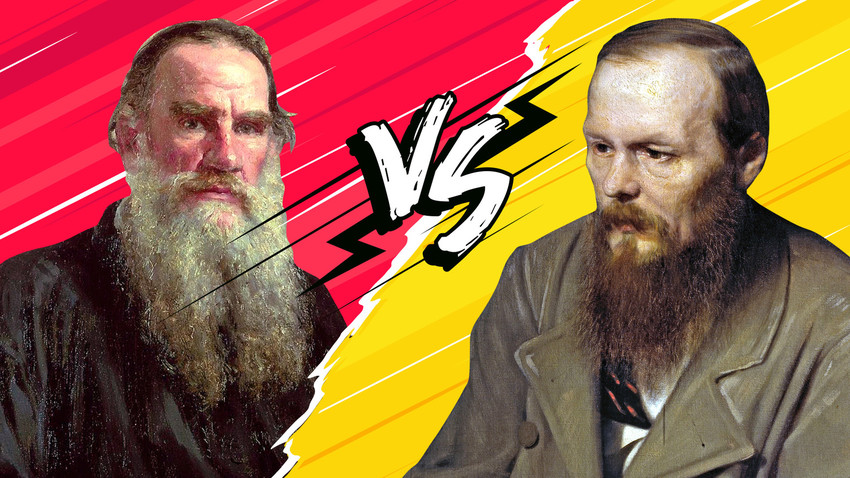
The time has come to tackle the most burning question in the history of human
Just in case you don’t remember your Marmeladovs from your Bolkonskys (surely not), here’s a quick recap.
The psychologist-in-chief of Russian literature. He introduced the word “
Returning to Dostoevsky for a second, he created the legendary Raskolnikov, a memetic character with an ax to grind (and swing). “Raskolnikov will get you,” readers message us on Facebook if for some reason they object to something we’ve written.
In case you didn’t know, he wrote War and Peace, a literary canvas of Russian life in the early 19th century with highly detailed depictions of war, high society intrigue, and the role of family, kinship, and honor. Time and again, the reader is struck by his ability to get under the skin and into the bone marrow of his panoply of characters, from the idealistic Natasha to the war-mongering Napoleon, with countless others along the way.
And let’s not forget Anna Karenina, who is unfairly overshadowed by W&P’s sheer monumentality. As the heroine and victim of what is probably Russia’s (and the world’s) greatest book about love and betrayal, she throws herself under a train, becoming another literary meme in the process.
Too downbeat. His books make readers want to shoot themselves, which isn’t good for future sales. The central tenet is that salvation of the soul lies in faith, but for the
What's worse, he forever ruined the image of St. Petersburg, turning it into a perennially gray, gloomy city.
Too wordy. When a sentence ends, you don’t remember how it began. Plus there’s lots of obtrusive moralizing. So obtrusive in fact that the author's presence at times overshadows his characters.
Despite all the sermonizing, he didn’t
If using any of Russia Beyond's content, partly or in full, always provide an active hyperlink to the original material.
Subscribe
to our newsletter!
Get the week's best stories straight to your inbox